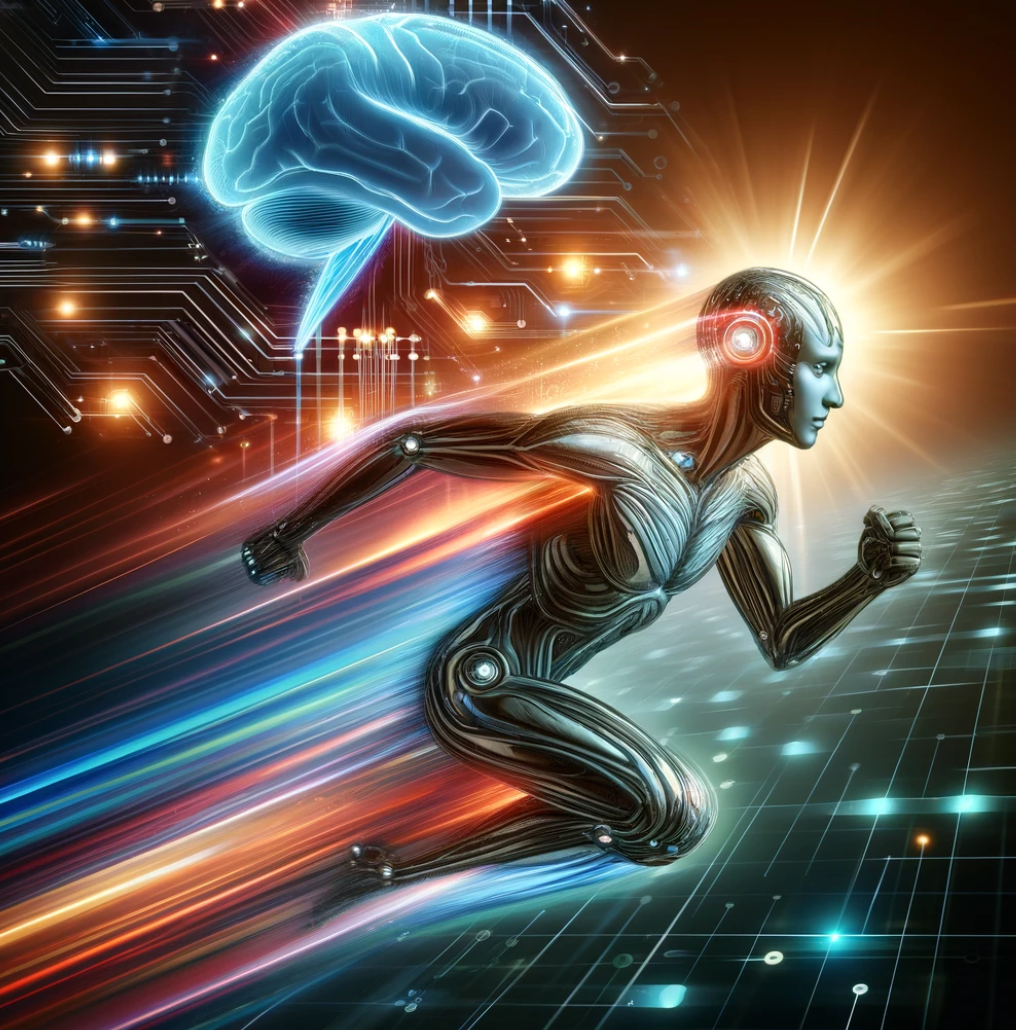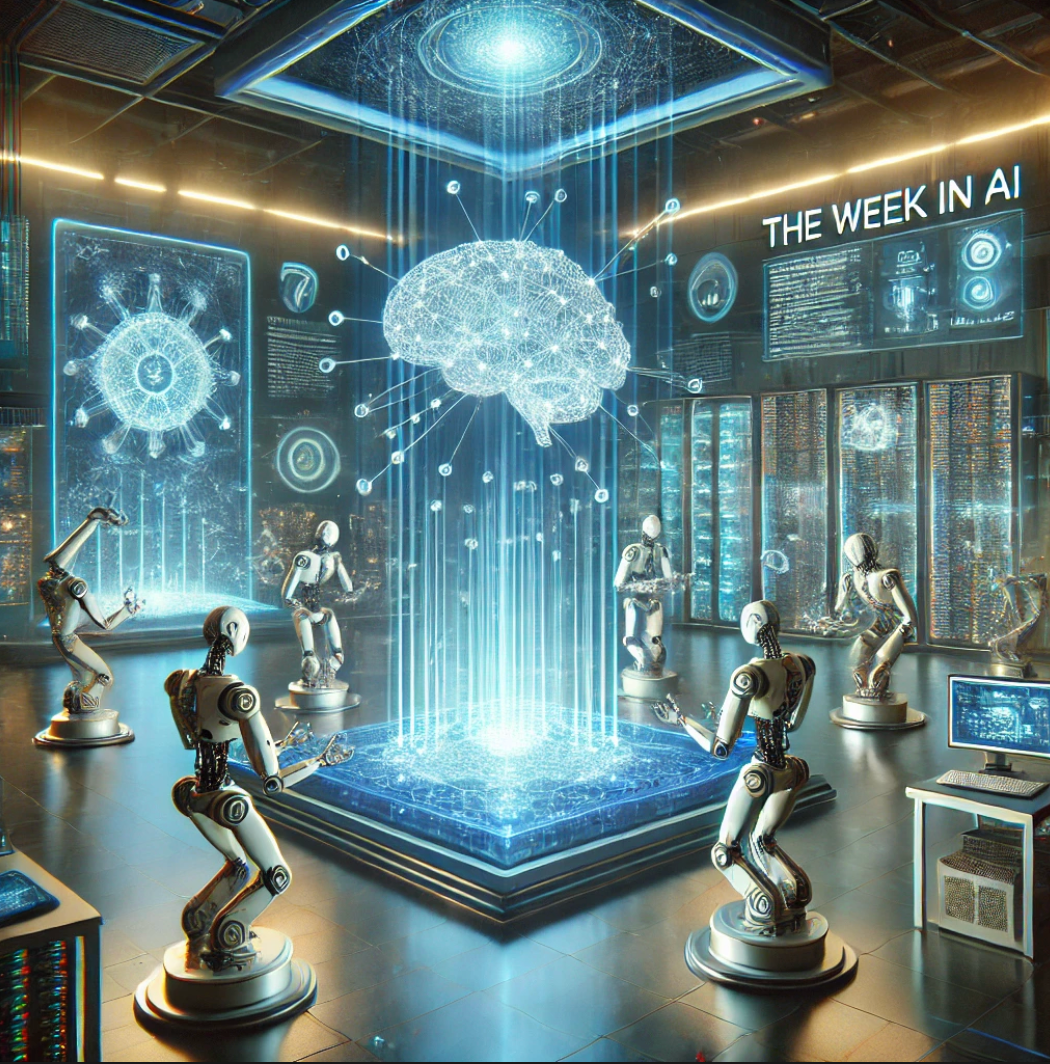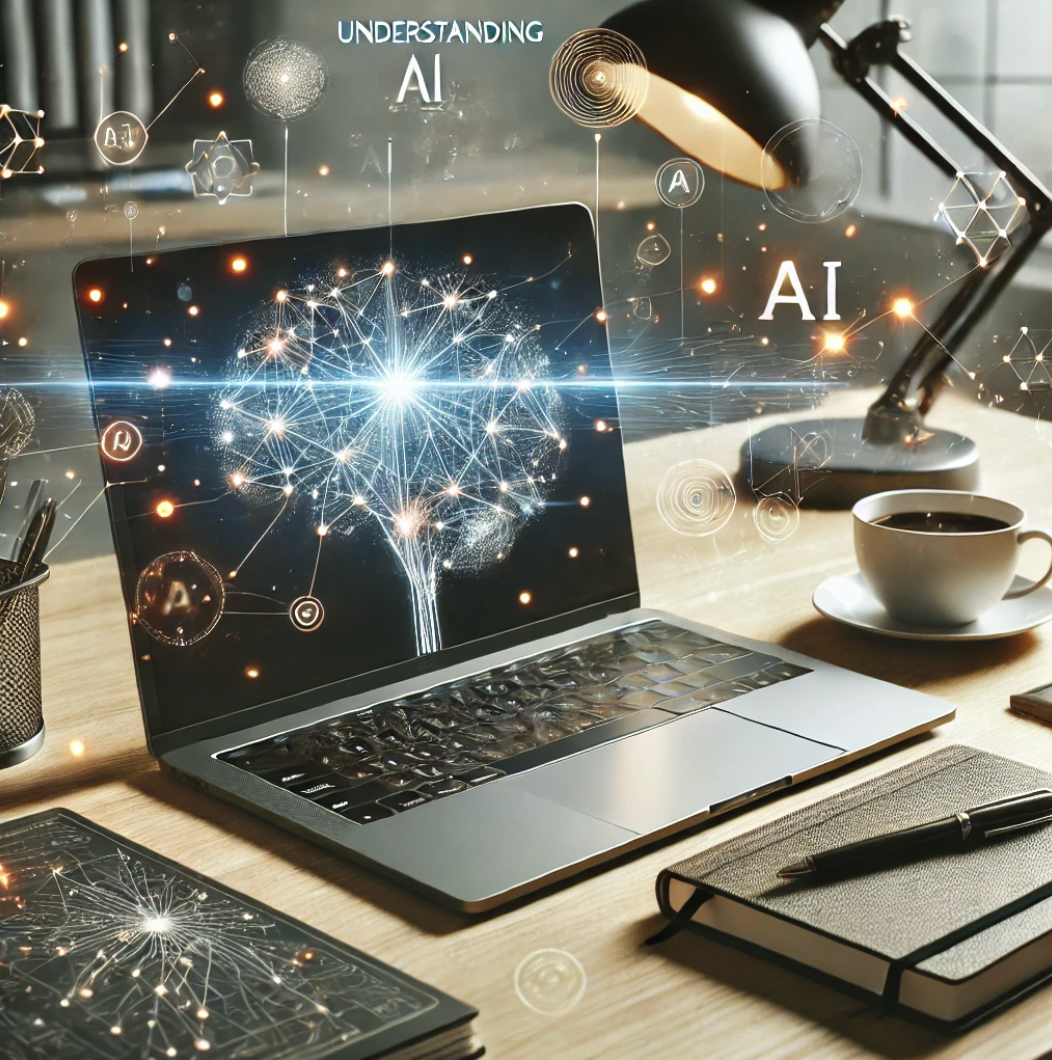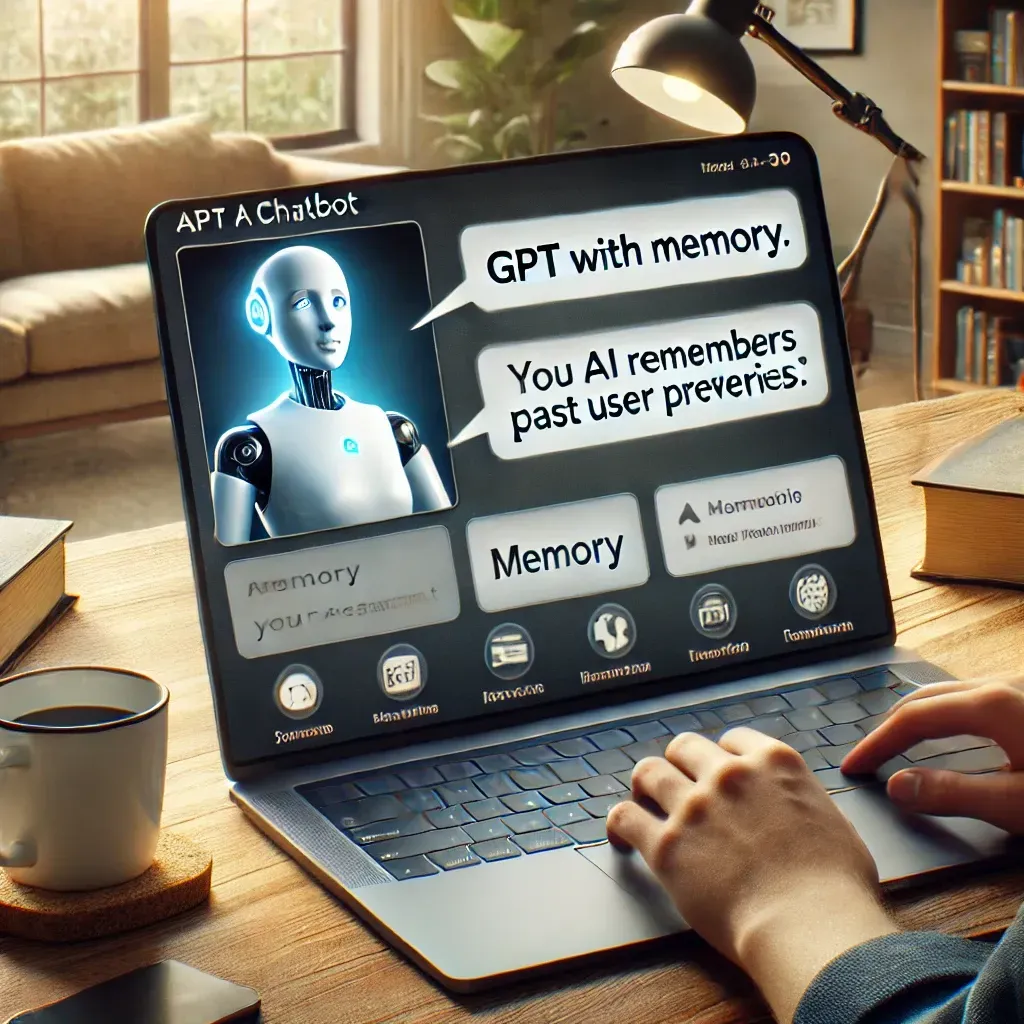The Ethics Equation
UN Pushes for Responsible AI Development - A Balancing Act for the Future
This week, the world witnessed a landmark moment in the history of Artificial Intelligence (AI). The United Nations (UN) adopted its first-ever resolution on AI, emphasizing the need for responsible development and ensuring AI benefits all of humanity. This move marks a significant step towards fostering international cooperation and setting a global framework for ethical AI practices. However, amidst the optimism, questions linger. Let's delve deeper into the "Ethics Equation" of AI development, exploring both the potential benefits and potential drawbacks of this UN resolution.
The Upsides of a Global Push for Responsible AI
- Harmonization and Cooperation: The UN resolution encourages collaboration between nations on AI development. This collaboration can lead to the sharing of best practices, fostering innovation while mitigating risks. By establishing common ground, the UN aims to prevent a fragmented landscape where different countries have vastly different approaches to AI ethics.
- Human Rights at the Forefront: The resolution emphasizes the importance of human rights in AI development. This ensures that AI systems are designed and used in a way that respects human dignity, privacy, and non-discrimination. By placing ethical considerations at the forefront, the UN aims to prevent AI from exacerbating existing societal biases or infringing on fundamental rights.
- Building Public Trust: Responsible AI development can foster public trust in this powerful technology. A transparent and ethical approach can alleviate anxieties about AI replacing jobs, becoming biased decision-makers, or even posing an existential threat. By prioritizing responsible development, the UN hopes to build a future where AI complements human capabilities rather than replaces or threatens them.

The Potential Downsides and Questions to Consider
Lack of Concreteness: Critics argue that the UN resolution lacks specific regulations. Without concrete guidelines, enforcing ethical AI development might prove challenging. The resolution relies heavily on member states to implement their own frameworks, potentially leading to inconsistencies and loopholes across different countries.
Stifling Innovation: Some fear that overly stringent regulations could stifle innovation in the rapidly evolving field of AI. Finding the right balance between ethical considerations and allowing for exploration and experimentation will be crucial.
Enforcement Challenges: Enforcing ethical AI practices across the globe will be a complex task. The UN lacks enforcement power, and navigating different legal and political systems of member states could pose significant hurdles.
The Future of AI: A Conversation, Not a Dictate
The UN resolution marks a critical first step in establishing a global framework for responsible AI development. It highlights the importance of ethical considerations and paves the way for international collaboration. However, the conversation doesn't end here.
Stay Informed and Join the Discussion!
The field of AI is constantly evolving, and the ethical considerations will continue to be a major talking point. To stay ahead of the curve and participate in this critical conversation, subscribe to our newsletter! We'll deliver in-depth analysis of AI developments, expert opinions on ethical dilemmas, and insights into how AI is shaping our world. Sign up today and join a community of individuals passionate about the responsible and beneficial development of Artificial Intelligence!











